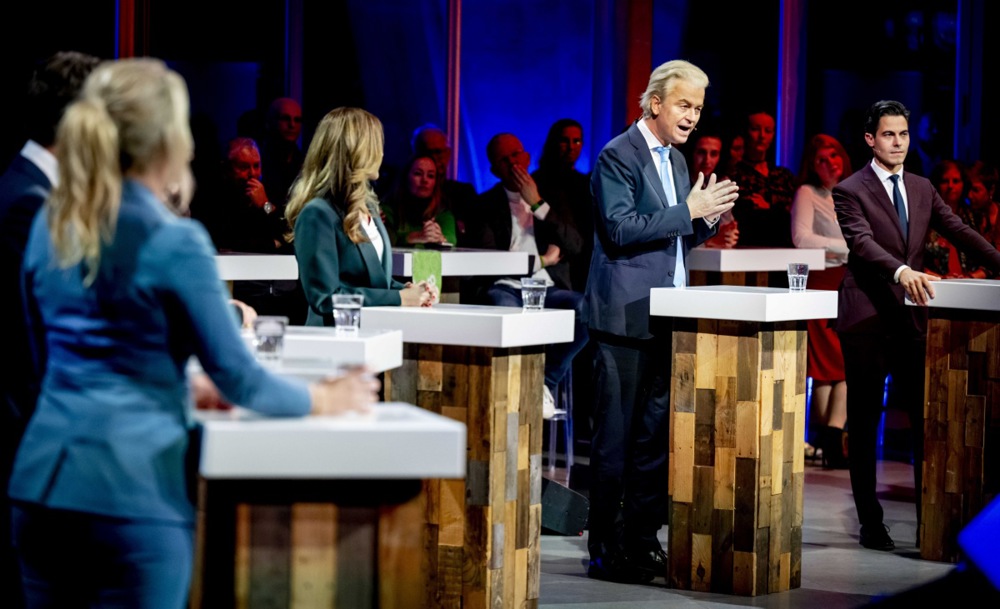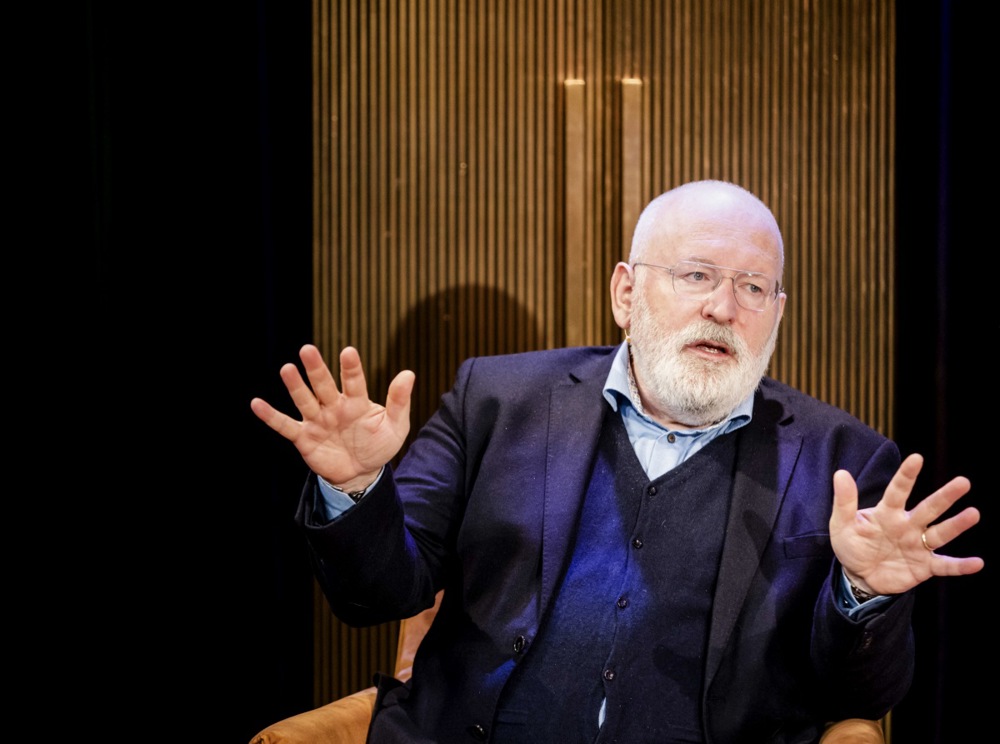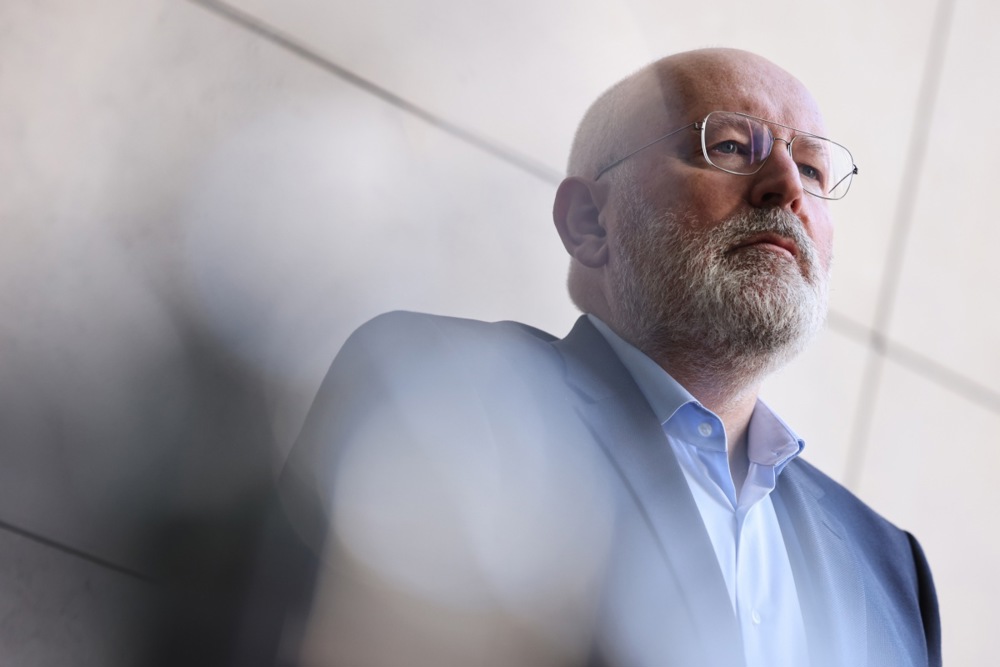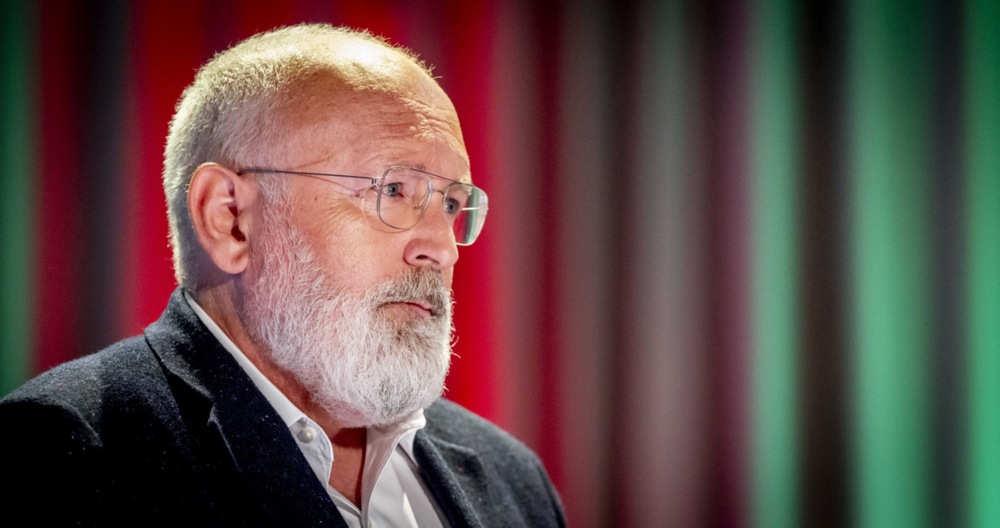Former vice-president of the European Commission and “Green Pope” Frans Timmermans took a pasting in the November 22 elections, even among his potential supporters.
While he had high hopes of leading the Netherlands after stepping down from his lofty position in Brussels, he got something of a rude awakening as the Dutch had their say.
Many who voted for his alliance party of Greens and Socialists (Groenlinks-PvdA) voted for members who were ranked lower on the electoral list of political preferences.
In cities such as Tilburg and Nijmegen, most voters chose their own parliamentary representatives rather than Timmermans. The same was evident in The Hague, Rotterdam, Eindhoven, Den Bosch and Veenendaal.
In all those places, other candidates on the left-wing list did better than the former Brussels bigwig.
In Utrecht, the party garnered close to 73,000 votes but just 24,000 of those went to Timmermans, while in Groningen he only got 35 per cent of the vote within the party.
In Amsterdam, Groenlinks-PvdA received more than 140,000 votes, of which only 51,000 went to Timmermans.
His less-than sparkling performance was in stark contrast to the Party for Freedom leader Geert Wilders, who in several major cities bagged around 90 per cent of the vote.
— Ronald Delft (@ronald_delft) November 27, 2023
Prior to the vote, journalist Rutger Castricum stated that Timmermans’ European track record, contrary to what many had thought at the start of the election cycle, was not a major advantage.
Castricum said he believed that stemmed from Timmermans’ decade of political activity in the most elite European Union circles.
“When you ask a tough question, they literally push you aside,” he said, claiming EU leaders are surrounded by “yes-men”.
“For over nine years, Timmermans hasn’t been in a real debate like this [recent series],” he concluded.
The electoral system in the Netherlands allows voters to choose both parties and individual politicians.





